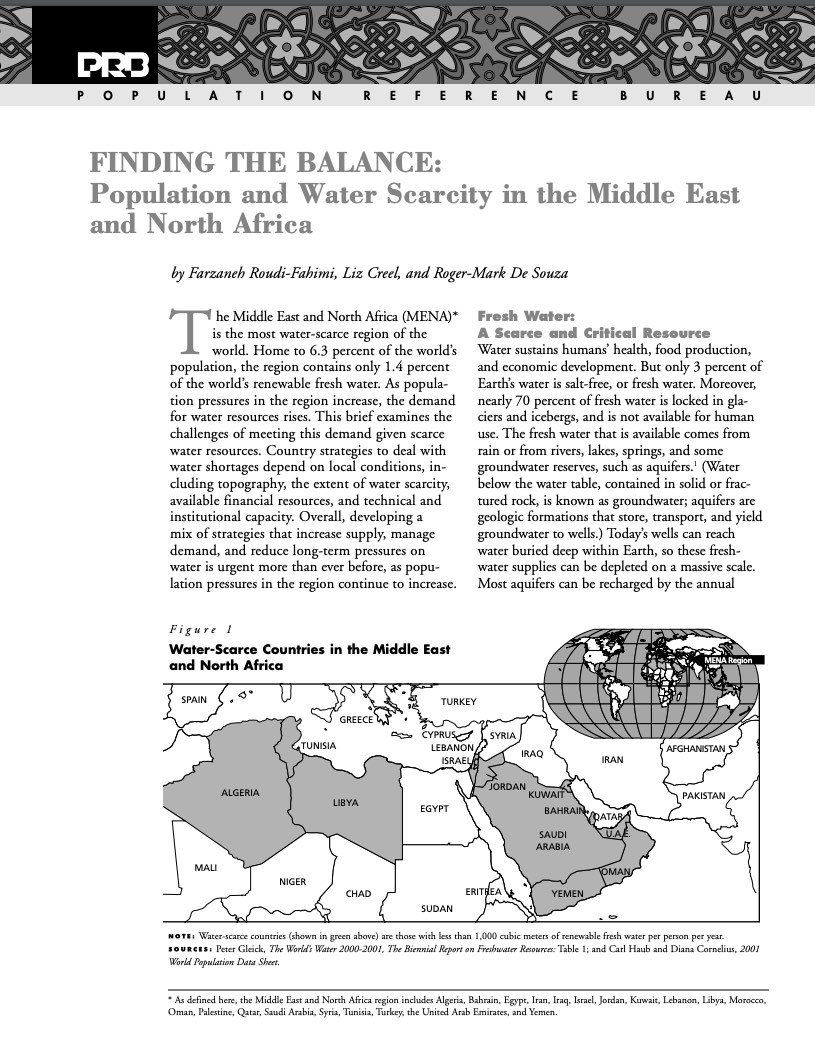Albania’s Fertility Decline Tied to Traditional Family Planning Methods
(2010) Although sharing a land border with Greece and just across the Adriatic Sea from Italy, Albania was socially and politically isolated from the rest of Europe when it emerged from Soviet influence in the early 1990s.



